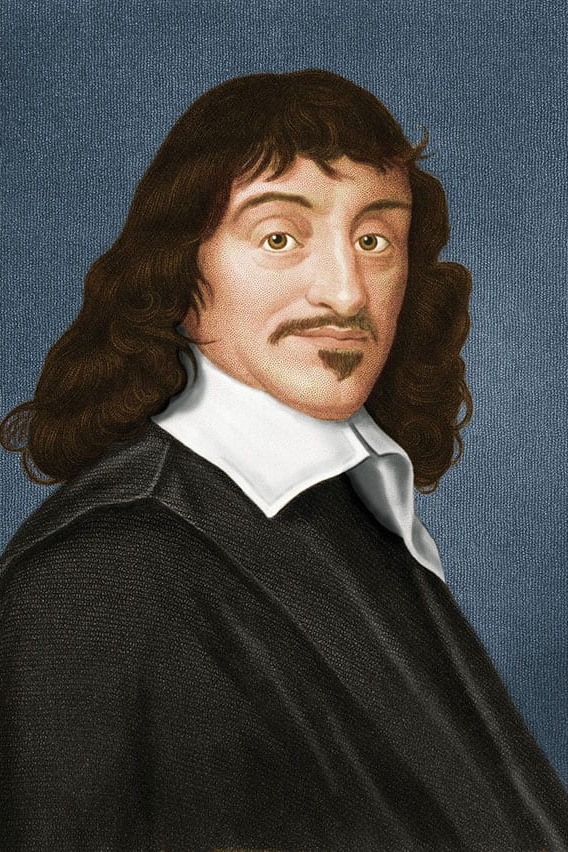
Personal info
Known for
Ultimate Talent
Gender
Male
Birthday
31 March
Location
Centre-Val de Loire, France
Edit pageRené Descartes
Biography
René Descartes, a French philosopher, mathematician, and scientist, is often called the “Father of Modern Philosophy.” His emphasis on doubt, reason, and systematic thinking reshaped the foundations of knowledge and scientific inquiry. Best known for his statement “Cogito, ergo sum” (“I think, therefore I am”), Descartes sought to establish truth through logic and rational analysis rather than tradition or faith.
Early Life and Education
René Descartes was born on March 31, 1596, in La Haye en Touraine, France (now called Descartes in his honor). His father was a lawyer and judge, and Descartes received his early education at the Jesuit College of La Flèche, one of the finest schools in Europe at the time.
He showed exceptional talent in mathematics and philosophy, later studying law at the University of Poitiers. However, Descartes soon turned away from a legal career, dedicating himself to the pursuit of truth through philosophy and science.
Career and Philosophical Contributions
In his early adult years, Descartes traveled widely across Europe, serving in various armies but spending much of his time studying and reflecting on science and mathematics. During this period, he developed his method of systematic doubt — questioning all beliefs that could be false to find absolute certainty.
In 1637, he published “Discourse on the Method,” a groundbreaking work that outlined his approach to reasoning and scientific investigation. In it, he famously declared “I think, therefore I am” as the first principle of philosophy, proving the existence of the self through the act of thought itself.
Descartes also made major contributions to mathematics, inventing analytic geometry, which connected algebra and geometry and became the foundation for modern calculus. In philosophy, his dualistic theory distinguished between mind and body — the mind as a thinking, non-material substance, and the body as a physical, mechanical entity.
His other significant works include “Meditations on First Philosophy” (1641) and “Principles of Philosophy” (1644), which deeply influenced later thinkers such as Spinoza, Leibniz, and Kant.
Death and Legacy
In 1649, Descartes was invited to Sweden by Queen Christina to teach her philosophy. The harsh northern climate, however, affected his health, and he died of pneumonia on February 11, 1650, in Stockholm.
René Descartes’ ideas laid the foundation for the scientific method and rationalist philosophy. His insistence on reason as the path to knowledge helped shape the Enlightenment and continues to influence philosophy, science, and mathematics today.
Conclusion
René Descartes revolutionized human thought by insisting that truth must be built on reason and evidence. Through his questioning spirit and logical approach, he opened the door to modern science and philosophy. His legacy endures as a symbol of intellectual courage and the power of the human mind to seek certainty in a world of doubt.